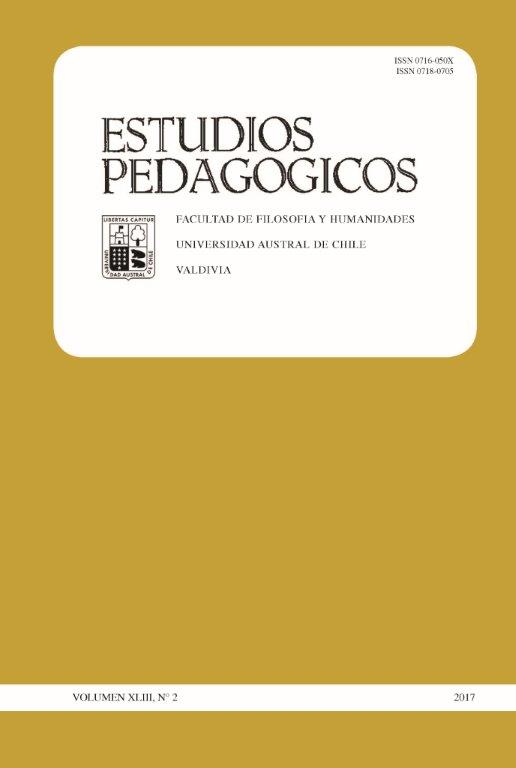Variables affecting the behavior of students in educative units, Región de Coquimbo-Chile
Main Article Content
Abstract
The purpose of this paper is to develop a systematic model to explain and analyze the environmental behavior of students from certified educational instituitons in Región de Coquimbo, Chile. A relationship among variables has been established to structure the exploratory behavioral model presented through a Partial Least Squares (PLS) method. For behavioral analysis, a survey was implemented showing a significant statistical sample (7% error and 95% reliability) of environmentally certified educational institutions. The structural model presents an appropriate prediction quality, Stone-Geisser test Q2>0; additionaly, the variance explained in each relation is adequate. Consequently, it is concluded that attitude and friendship among students themselves affect the environmental behavior significantly and directly. While corporate startegies and values from insitutions and the family do not seem tho affect crucially.

